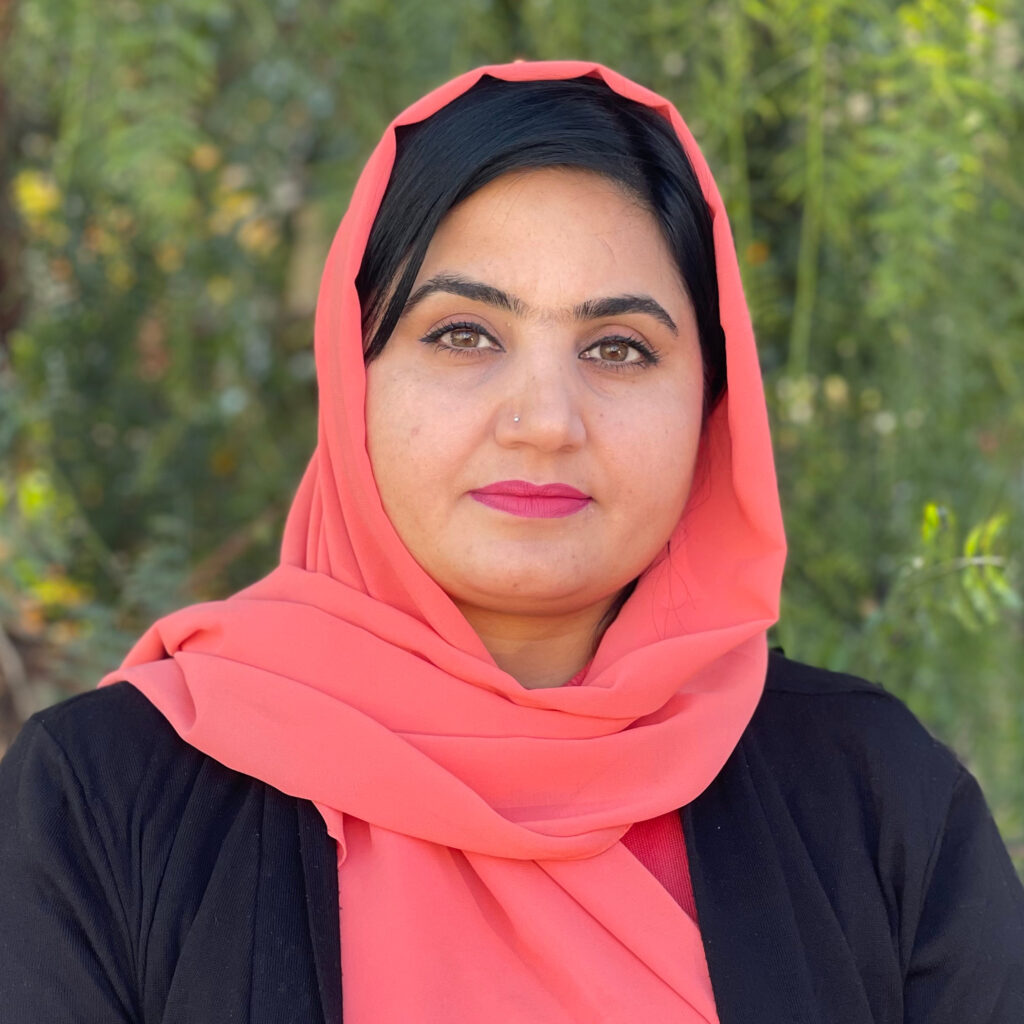On Tuesday, Dec. 20, Afghanistan’s Taliban-led government suspended university education for women in the country. Since the United State’s expedited withdrawal and the Taliban’s subsequent takeover in August 2021, the de facto government has imposed increasing restrictions on women in the country, such as:
- No longer allowing them to work in most sectors;
- Requiring a male guardian while traveling;
- Expecting them to cover their faces in public; and
- Barring them from access to public spaces.
As a result of the Taliban’s unjust policies and increasing violence in the country, the Afghan people have been fleeing their homes and seeking asylum in the U.S.
CAIR-LA has been at the forefront of assisting Afghan arrivals as they make a new home in California. Its immigration team, which has expanded to include two case workers specifically tasked with helping the Afghan community, has assisted more than 300 Afghan arrivals through legal consultations, immigration applications, Know Your Rights presentations, and various legal clinics.
CAIR-LA’s Immigrants’ Rights Case Workers, Fahima Amini and Najia Munira Akhunzada, who are both also lecturers at Chapman University, assist the legal department with preparing Afghan immigration applications and provide critical translation services. Amini studied and practiced law in Afghanistan, spent several years working as a women’s rights advocate in the country, and pursued her Master of Laws (L.L.M.) at Chapman University. Akhunzada is the former deputy of Peace Consultative Loya Jirga in Afghanistan, former female political candidate for parliamentary elections, former United Nations employee, and a human rights activist.
Read what they have to say about the Taliban’s “offensive and self-destructive” restrictions on women’s education:

CAIR-LA Immigrants’ Rights Case Worker Fahima Amini
“More than 1,400 years ago, Islamic law protected women’s fundamental rights by guaranteeing women the right to an education, the right to own a business, the right of inheritance, the right to choose a spouse, the right to a prenuptial agreement, the right to initiate divorce, the right to receive child support, and the right to petition and criticize a government, among many other things.
“The Taliban’s restriction on women seeking a university education is un-Islamic and inconsistent with Afghan culture. Afghan families like mine have supported their daughter’s pursuit of an education despite the longstanding threat of violence against schools. I remember several attacks on our dormitory to punish us for seeking higher education. Like many others, I was never discouraged by those attacks and studied law to fight for women’s rights. Had these restrictions been in place when I was a young girl, I would not have had the opportunity to become a lawyer in Afghanistan, and now work as a part of CAIR’s Immigrants’ Right Center to help other Afghan girls settle in the U.S. and pursue their academic dreams. These policies not only deprive women of their rights, but also undermine the development of the entire Afghan community in the country.”

CAIR-LA Immigrants’ Rights Case Worker Najia Munira Akhunzada:
“Since the arrival of the Taliban in August 2021, they have banned many girls from attending school after sixth grade, restricted women’s and girls’ right to work, and now they have even suspended women from higher education. Preventing women and girls from learning is a violation of their God-given rights as humans and Muslims.
“As Muslims, we all know that seeking knowledge is an obligation for every believer. The importance of education for both men and women has been emphasized since the time of Prophet Muhammad (peace be upon him). Growing up, many Muslim girls were inspired by the fact that Prophet Muhammad (PBUH)’s wife successfully ran her own business and that a Muslim woman in Morocco founded the first university in the world.
“Women and girls in Afghanistan need access to education to help their country develop its full potential and keep up with other nations and international communities. We expect this offensive and self-destructive decision to have further negative impacts on increasing violence and force more Afghans to flee the country.”
Your tax-deductible and zakat-eligible donation allows us to keep helping those fleeing persecution in their home countries as well as those facing discrimination right here in California.
